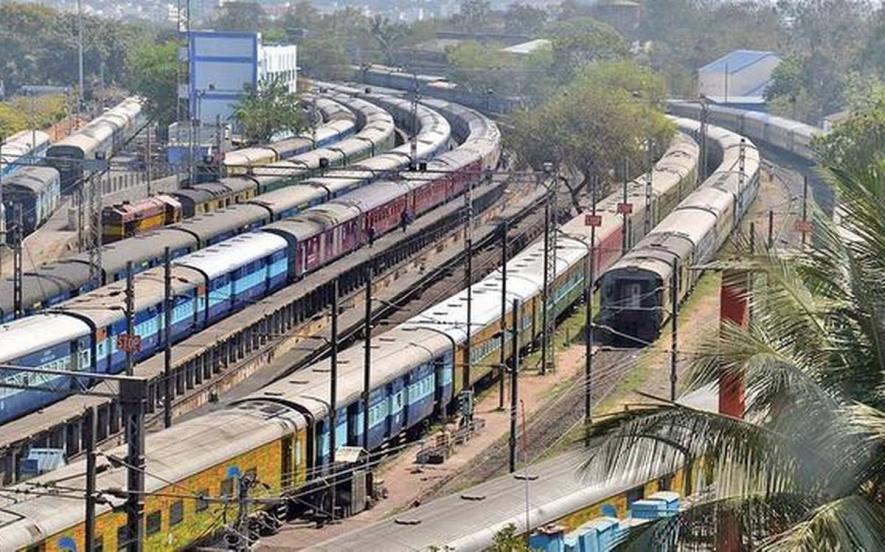Railways have played a pivotal role in shaping the economic landscape of nations since their inception. As a mode of transportation, they offer unparalleled efficiency, connectivity, and capacity for moving goods and people across vast distances. From enhancing trade and commerce to stimulating industrial growth and regional development, railways have been catalysts of economic transformation. Let’s explore how railways have changed economies, both historically and in contemporary times.
1. Facilitating Trade and Commerce
Railways have revolutionized trade by enabling the efficient movement of goods. By connecting regions and countries, railways have significantly reduced transportation costs and time, making trade more accessible and profitable. The development of railways has led to the expansion of markets, allowing producers to reach a wider customer base. This increased connectivity fosters specialization and division of labor, leading to economic growth and enhanced competitiveness.
2. Industrial Development
Railways have played a fundamental role in driving industrialization. By providing a reliable and cost-effective means of transporting raw materials and finished products, railways have facilitated the growth of industries. They have enabled the establishment of large-scale factories away from resource-rich areas, as raw materials could be easily transported to manufacturing centers. This spatial distribution of industries has spurred employment opportunities and stimulated economic activity.
3. Regional Integration and Development
Railways have been instrumental in integrating regions within a country, bridging the gap between urban and rural areas. By linking remote regions and providing access to markets, railways have encouraged the development of previously marginalized areas. This has led to improved living standards, increased agricultural productivity, and the growth of secondary industries. Railways have also facilitated the movement of labor, leading to urbanization and the concentration of economic activities in urban centers.
4. Tourism and Travel
The development of railways has had a profound impact on the tourism industry. Railways offer a convenient and scenic mode of transportation, attracting tourists and stimulating local economies. They have opened up remote and picturesque destinations, allowing tourists to explore and discover new places. Rail tourism has created employment opportunities in hospitality, entertainment, and other related sectors, contributing to local economic development.
5. Job Creation and Employment
Railways have been significant job creators throughout history. The construction and maintenance of rail networks require a vast workforce, providing employment opportunities for skilled and unskilled labor. Additionally, railways stimulate job growth indirectly by promoting industries and supporting economic activities along their routes. They generate demand for goods and services, leading to the establishment of businesses and the creation of jobs in sectors such as manufacturing, logistics, and tourism.
6. Urban Planning and Real Estate
The presence of railways has a profound impact on urban planning and real estate development. Railways have influenced the growth and layout of cities, as urban centers tend to develop around railway stations. This concentration of economic activity has led to the emergence of commercial hubs and the rise in property values. Rail-based transportation systems have also reduced congestion and pollution in cities by providing an efficient alternative to private vehicles.
7. Energy Efficiency and Environmental Benefits
Railways are among the most energy-efficient modes of transportation, resulting in significant environmental benefits. Trains consume less fuel per ton-mile compared to trucks and airplanes, thereby reducing carbon emissions and air pollution. Railways play a crucial role in sustainable transportation by promoting the shift from road and air travel to rail, contributing to global efforts to combat climate change.
Railways have undoubtedly transformed economies by enhancing trade and commerce, stimulating industrial growth, and fostering regional development. Their impact extends beyond the transportation sector, influencing various aspects of the economy, including tourism, urban planning, and job creation. As nations continue to invest in rail infrastructure and modernize their networks, railways will continue to play a vital role in driving economic progress, fostering connectivity, and building sustainable societies.



